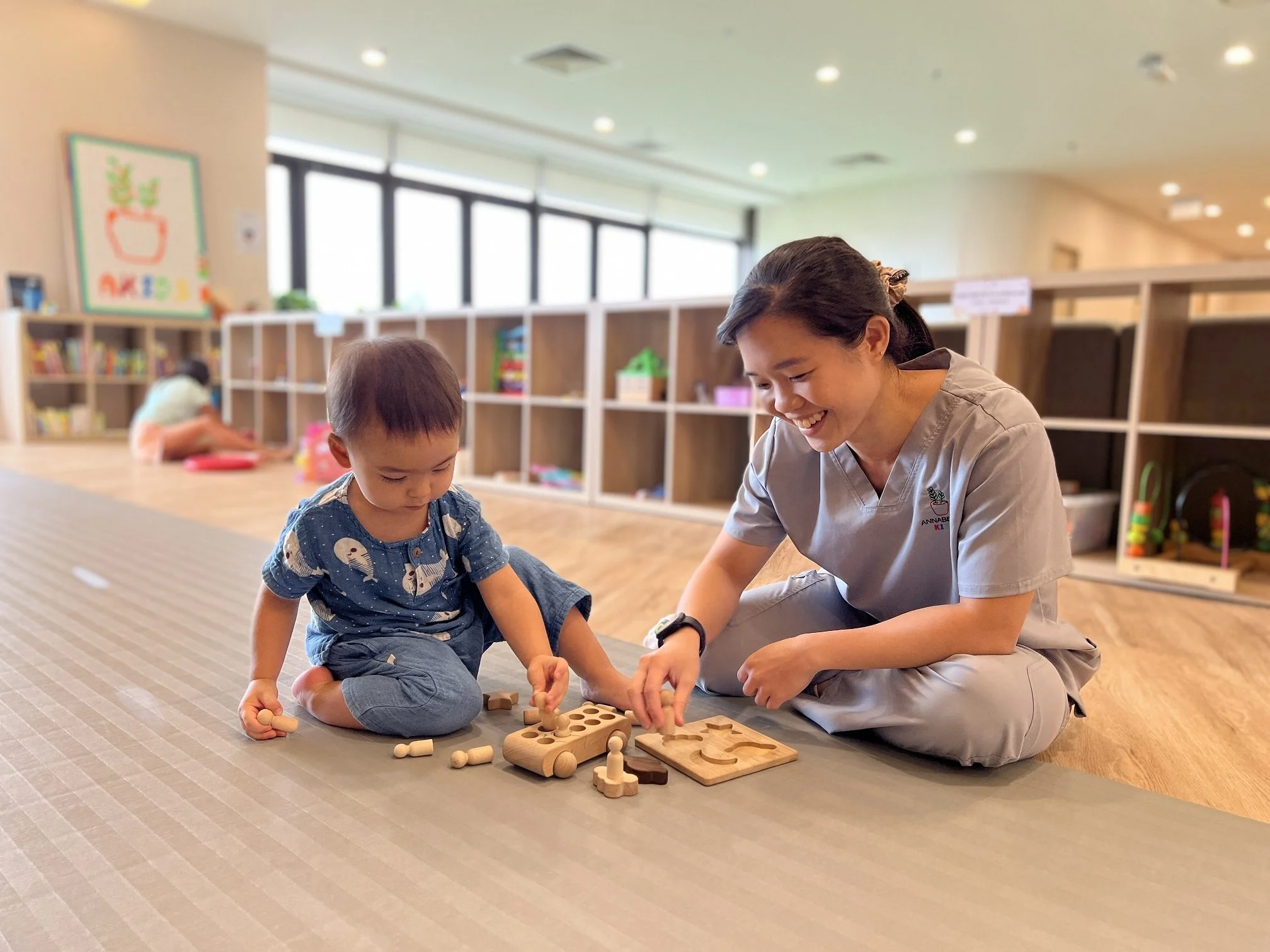Does Art Therapy Work?
In a word: yes.
Art therapy is an evidence-based management modality that is effective and has demonstrated clinical effects in the management of mental disorders and reducing the effects of symptoms.
Art therapy has been shown to benefit adults, adolescents, and children, experiencing mental health challenges stemming from anxiety and depression to complex trauma.
(See the full list at the bottom of the page!)
What if I have no artistic creativity?
You don't need any prior experience or knowledge of art to benefit from art therapy.
In the same way one does not need to be knowledgeable on psychology to undergo psychotherapy, one does not need to be an artist (or possess any form of artistic talent really) to experience art therapy.
The quality of the resultant art is unimportant – what matters is the process of creation. The art therapist then guides an individual through a reflective process to interpret the resultant messages, symbols, and psychological associations between the art and the client’s individual experiences.
The art therapist is trained in the ways of colour, texture, and art medium used in therapy that may express the thoughts and emotions that their client is portraying.
Art therapy is suitable for people of all ages and abilities, and no prior experience or artistic talent is required.
What does an Art Therapist do?
Art therapists are mental health professionals with a master’s degree, trained to use art media, the creative process, and the resulting artwork to help people express their emotions and thoughts, explore their identity, and develop social skills.
Utilising creative modalities such as drawing, painting, colouring, collages, or sculpting, individuals are encouraged to express themselves without the fear of being judged or criticized.
Together with the client, an art therapist facilitates the understanding of underlying meanings and messages behind the art, bringing clarification of the individual’s feelings or emotions and allowing them to access core conflicts and resolve various struggles.
Art therapists work with people of all ages, from children to adults.
What happens in an Art Therapy session?
An art therapy session will begin with both parties: therapist and client, getting to know each other, building a therapeutic relationship as a foundation for growth and therapy.
A variety of art media is provided in an art therapy session; an art therapist will guide you through different characteristics of art media such as pencil, chalks, charcoals, colour pencils, pastels, markers, paints, clay, etc. This is for you to identity and choose a medium/media that is most suitable to express your feelings and thoughts and even to access unconscious psychological materials.
There will be an immersion (otherwise known as flow) in the process of art making, which is therapeutic in and of itself. In the beginning phase of therapy, the art therapist might guide you through a set of directives in order for you to ease into a creative process, and also for the therapist to learn about your fluency in symbol making and insights on your core conflicts.
When the artwork is completed, which could be done in a single session or over a few sessions depending on the depth and complexity, the art therapist will engage you in therapeutic dialogues to facilitate reflections and insight-building based on symbolic expressions in your artwork.
Typically, weekly art therapy sessions are recommended at the start, but as therapy progresses, you can discuss with your art therapist to find a frequency and regularity that best suit your needs.
What does Art Therapy address?
Art therapy can be used to instil personal growth, improving communication, coping and problem-solving skills, as well as enhancing self-awareness, and emotional resilience.
Art therapy is used as a complementary psychotherapy management plan alongside other management modalities. It helps clients to address trauma and/or other complex psychological concerns which might be difficult to express verbally in talk therapy. It is not meant to be diagnostic, but rather, is a medium to address emotional issues which may be confusing or distressing in a safe way.
Self-expression through artistic creation is therapeutic for individuals who are on a journey to discover more about their authentic self and personalities. Art therapy allows individuals to explore their emotions, improve self-esteem, relieve stress, improve symptoms of anxiety and depression, or cope with physical illness.
Art therapy is particularly beneficial for the following mental and emotional disorders and difficulties:


